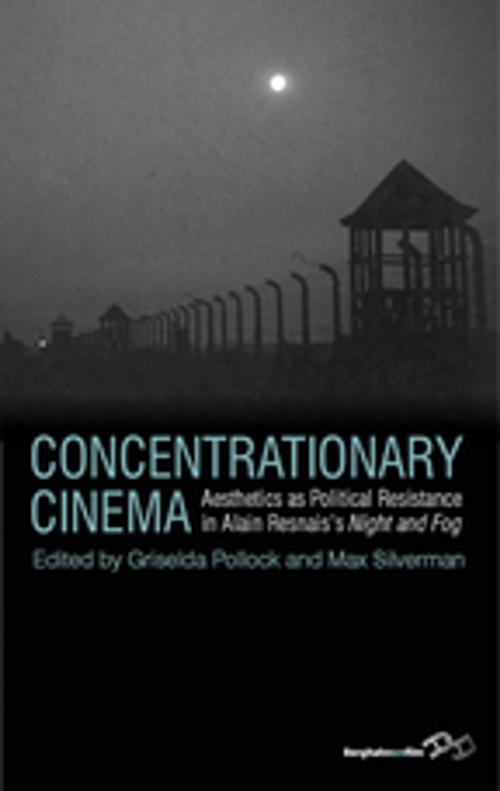Concentrationary Cinema
Aesthetics as Political Resistance in Alain Resnais's Night and Fog
Nonfiction, Reference & Language, French Language, Entertainment, Film, History & Criticism, Performing Arts| Author: | ISBN: | 9780857453525 | |
| Publisher: | Berghahn Books | Publication: | January 1, 2012 |
| Imprint: | Berghahn Books | Language: | English |
| Author: | |
| ISBN: | 9780857453525 |
| Publisher: | Berghahn Books |
| Publication: | January 1, 2012 |
| Imprint: | Berghahn Books |
| Language: | English |
Since its completion in 1955, Alain Resnais’s Night and Fog (Nuit et Brouillard) has been considered one of the most important films to confront the catastrophe and atrocities of the Nazi era. But was it a film about the Holocaust that failed to recognize the racist genocide? Or was the film not about the Holocaust as we know it today but a political and aesthetic response to what David Rousset, the French political prisoner from Buchenwald, identified on his return in 1945 as the ‘concentrationary universe’ which, now actualized, might release its totalitarian plague any time and anywhere? What kind of memory does the film create to warn us of the continued presence of this concentrationary universe? This international collection re-examines Resnais’s benchmark film in terms of both its political and historical context of representation of the camps and of other instances of the concentrationary in contemporary cinema. Through a range of critical readings, Concentrationary Cinema explores the cinematic aesthetics of political resistance not to the Holocaust as such but to the political novelty of absolute power represented by the concentrationary system and its assault on the human condition.
Since its completion in 1955, Alain Resnais’s Night and Fog (Nuit et Brouillard) has been considered one of the most important films to confront the catastrophe and atrocities of the Nazi era. But was it a film about the Holocaust that failed to recognize the racist genocide? Or was the film not about the Holocaust as we know it today but a political and aesthetic response to what David Rousset, the French political prisoner from Buchenwald, identified on his return in 1945 as the ‘concentrationary universe’ which, now actualized, might release its totalitarian plague any time and anywhere? What kind of memory does the film create to warn us of the continued presence of this concentrationary universe? This international collection re-examines Resnais’s benchmark film in terms of both its political and historical context of representation of the camps and of other instances of the concentrationary in contemporary cinema. Through a range of critical readings, Concentrationary Cinema explores the cinematic aesthetics of political resistance not to the Holocaust as such but to the political novelty of absolute power represented by the concentrationary system and its assault on the human condition.















